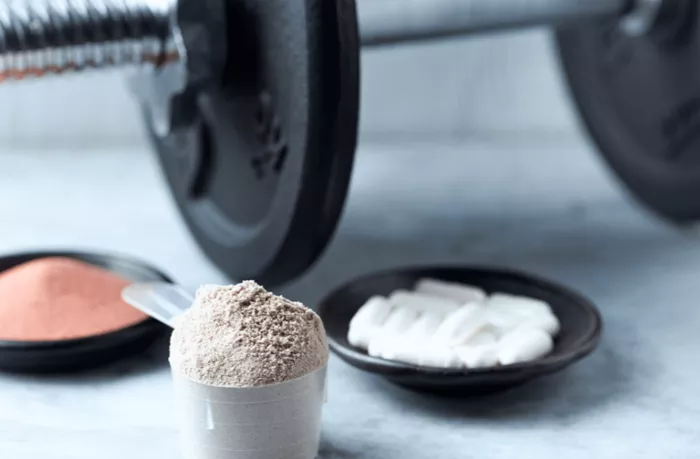Creatine, a supplement widely used by athletes to build strength and power, is gaining recognition for its broader health benefits beyond sports.
Dr. Richard Kreider, professor and director of the Exercise & Sport Nutrition Lab at Texas A\&M University, has studied creatine for over 30 years. He explained that creatine is a natural compound stored in muscles. It combines with phosphate to form creatine phosphate, which is crucial for producing energy inside cells.
When the body faces stress from exercise or certain diseases, creatine phosphate helps maintain cellular energy. This role gives creatine protective and health benefits in addition to improving exercise performance, Kreider said.
Our bodies naturally produce about one gram of creatine daily. However, experts recommend consuming two to four grams per day depending on muscle mass and activity. Kreider noted that most people do not get enough creatine from their diets alone.
The best dietary sources of creatine are meat and fish. But obtaining enough creatine from food can be difficult. “You get about a gram of creatine per pound of red meat or fish like salmon,” Kreider said. “It takes a lot of calories to get a gram, so supplementation is important, especially for vegetarians and vegans.”
For athletes aiming to improve performance, Kreider recommends taking five grams of creatine four times a day for a week to quickly increase muscle stores. After that, five to ten grams daily helps maintain creatine levels and supports brain function.
Creatine’s benefits go beyond athletes. Kreider said it is important for people as they age. It can help older adults prevent muscle loss and cognitive decline. In adolescents, low creatine intake is linked to slower growth, reduced muscle mass, and higher body fat.
Concerns about creatine’s safety have been studied extensively. In a February review published in the Journal of the International Society of Sports Nutrition, Kreider and colleagues examined 685 clinical trials. They found no significant difference in side effects between people taking creatine and those taking a placebo.
Common complaints like bloating or cramping have not been supported by research. In fact, creatine may help prevent cramping by aiding the body in retaining fluids.
Despite strong evidence, creatine remains misunderstood. Kreider and other experts from the International Society of Sports Nutrition recently issued a statement affirming creatine’s safety and effectiveness. They urged policymakers not to restrict its availability.
“There is no data supporting any negative side effects of creatine reported online or in the media,” Kreider said. “Creatine is safe and important for everyone, not just athletes and bodybuilders.”
Related Topics:
Ishaan Khatter Lost Weight to Play 21 Year Old
Fat Jab NHS Prescriptions Double as Many Consider Injections
Risk of Vision Damage from Certain Diabetes and Weight Loss Drugs


